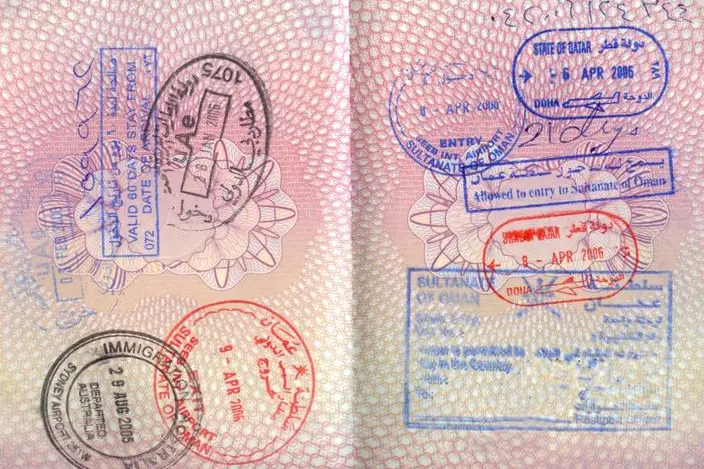PHOTO
Governments in Gulf Cooperation Council (GCC) need to overhaul the immigration regulations in order to attract talent pool and boost the startups ecosystem, a venture capital expert said, noting that the United Arab Emirates has witnessed a marked improvement in that aspect over the past decade.
“Immigration is a key challenge for the venture capital industry in the region. In the GCC, we’re under-populated for the capital that we have at our disposal and for the ambitions that we have,” Gary Sheynkman, a partner at Leyden Ventures, a Dubai-based investment advisory firm said.
“If we want to be the leading place for start-ups, we need to manually bring in the talent as we have the capital,” he said, speaking to Zawya on the sidelines of the AIM Summit held in Abu Dhabi on Sunday.
If GCC countries are interested in dramatically changing the start-up scene sooner than later, then they need to address immigration obstacles, he added.
This year, the UAE has begun issuing long term visas for a certain category of investors, scientists, outstanding students, foreigners with exceptional talent, and physicians among others, with the residency permits ranging from five to ten years. (Read more here).
“I think offering permanent residencies would make a huge difference as it makes it easier for kids of expatriates to stay. It would be easier to attract families and for people to retire here,” said Sheynkman, whose firm also invests in technology companies at both the seed capital and series A funding stages.
“It’ll also be materially cheaper for companies to bring talent,” he said, noting that considering the current lack of talent liquidity and the costs of moving from one company to another, permanent residency would help to attract more talent, offering the ability to create a larger economy.
This week, the UAE government announced that it would grant long-term visas for entrepreneurs involved in the top 100 Arab start-ups named at the World Economic Forum on the Middle East and North Africa event in Jordan. In addition to the five-year visas announced, these startups will have the opportunity to team up with "Area 2071", an innovation initiative launched by Dubai Future Foundation, an arm of the Dubai government, state-news agency WAM reported. (Read more here).
Bahrain also announced structured programmes that would allow these 100 start-ups to scale their businesses, as well as the opportunity to access funding from Bahrain’s sovereign wealth fund. (Read more here).
The 2019 list of Arab start-ups includes relatively new firms, as well as established start-ups such as ride-hailing firm Careem, cryptocurrency exchange BitOasis and financial comparison sites souqalmal and yallacompare.
Some 18 of the 100 firms chosen are media ventures, 16 are ecommerce platforms, 14 are health-related, 12 are fintech firms and 11 are education-related ventures. (Read more here).
“In the UAE, they’re working on it, they’ve announced five-year entrepreneur visa, and there are a lot of incentives here in Abu Dhabi in that direction…so we’re getting there,” Sheynkman said.
“And looking into the country’s progress over the past ten years, we’ve gone tremendously and that is very exciting for start-ups and venture capitalists,” he added.
“I think that entrepreneurship is not something that you teach. It is a percentage of the population, so you have people who just have the edge to want to create businesses and they want to build and solve problems... and you want to be able to create the talent pool in order to support their vision,” he added.
The Abu Dhabi government has already launched several initiatives in 2019 to accelerate innovation and the knowledge economy. Last month, a 5.6 billion dirham ($1.5 billion) programme was set up to increase research and development for Abu Dhabi to reach global benchamrks and help solve worldwide problems.
The government also launched Hub 71 in March to support tech companies in the region and committed 520 million dirhams for the initiative, which includes high-profile founding partners Microsoft and SoftBank’s Vision Fund, alongside state-owned Mubadala Investment Company.
Furthermore, the UAE capital announced a 535 million dirham fund to co-invest with venture capitalists in Abu Dhabi- based startups. (Read more here).
(Reporting by Nada Al Rifai; Editing by Michael Fahy)
© ZAWYA 2019





















